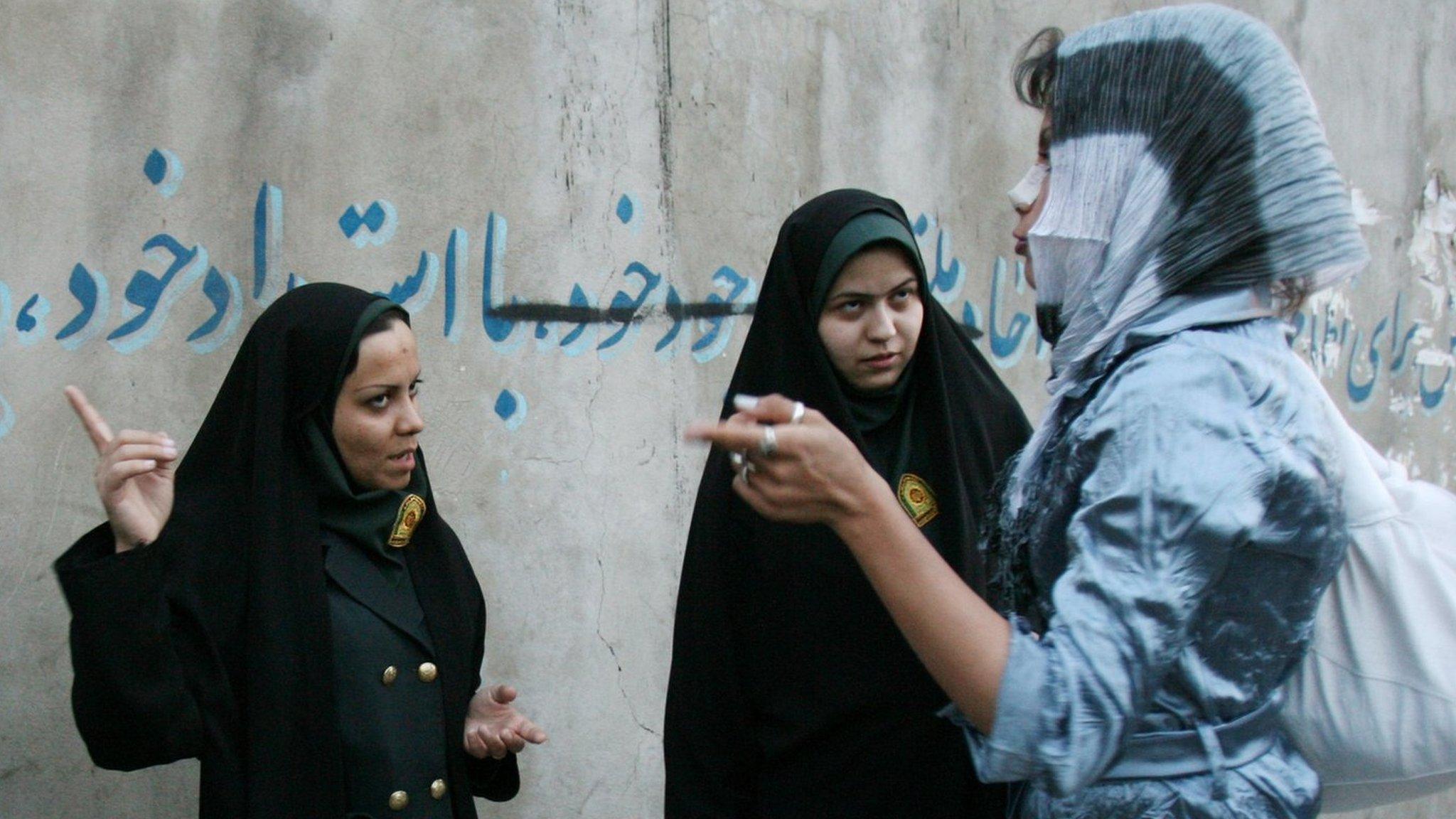Vigil in Ipswich remembers Mahsa Amini
- Published
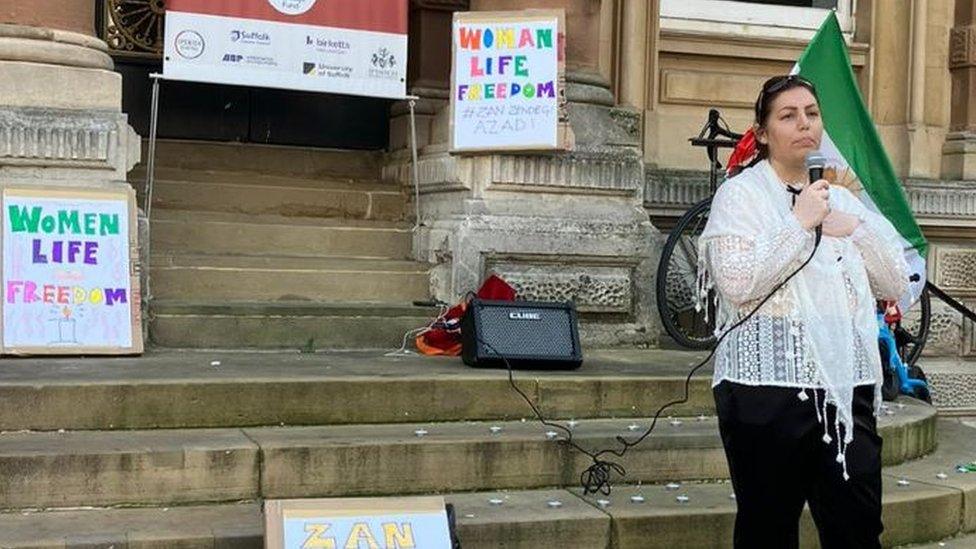
A vigil was held in Ipswich "in solidarity" to mark the year since the death of Mahsa Amini in Iran
A vigil has been held in Ipswich to mark a year since the death of Mahsa Amini in Iran.
The death of 22-year-old Ms Amini sparked a women-led uprising in the country, with hundreds of protesters subsequently killed and thousands others reportedly detained.
A vigil "in solidarity" was held in front of Ipswich Town Hall on Saturday.
Ela, an Iranian woman who now lives in Ipswich, said it was "painful" to think of her family members still in Iran.
Ms Amini died in custody after being arrested by Iran's so-called morality police for allegedly violating strict rules requiring women to cover their hair with a hijab, or headscarf.
Ela said the clampdown on the resulting protests had made people fear for their lives.
"The authorities have targeted outspoken family members of those killed or executed during the protests and have escalated their pressure on these families in recent months," she said.
"Women are not free. We cannot sing, or dance, or be free just to be out in public without being at risk.
"To others we say, 'keep going, don't give up', we will have freedom and we need to think of the next generation. It is a bad time for everyone, don't give up."
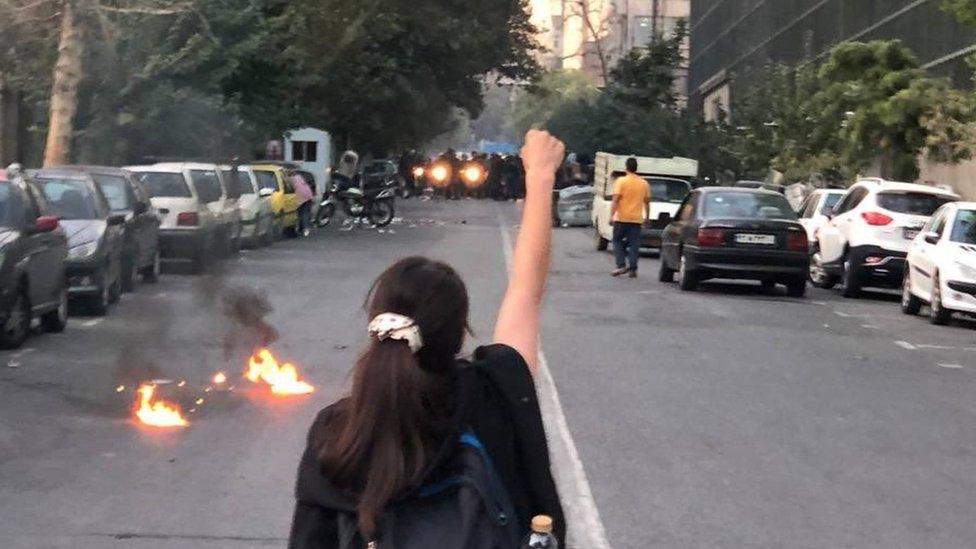
The protests sparked by the death in custody of Mahsa Amini spread to dozens of cities and towns in Iran
Sepideh was a teacher in Iran before she fled the country after the protests were clamped down on. She now lives in Ipswich.
"In my country, the dictatorial regime shoots women in the street," she said.
"They are killed, they are blinded, they are tortured in the terrible prisons of the Islamic regime... just because a part of their hair is out of the headscarf.
"Men who come to the streets to protest the killing of women are also shot and killed by the dictatorial regime, imprisoned and tortured.
"There is no right to protest or comment. Any protest is met with repression and killing.
"But people are trying to support each other with more awareness and more courage every day."
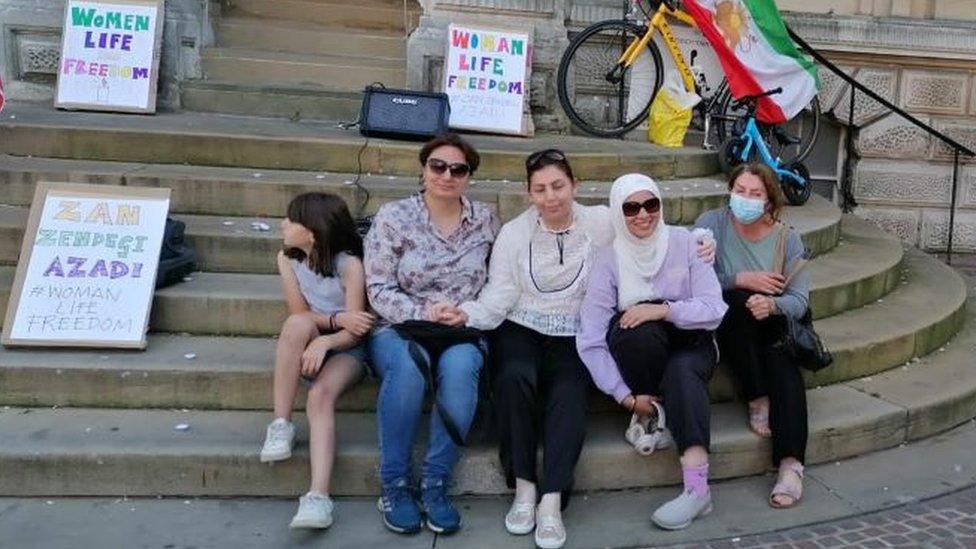
Iranian women who attended the vigil spoke of their own experiences of fleeing the country
Another woman, Fari, also left Iran after the uprising.
"Everyone, of course, wants to stay in their own country but only when it feels safe," she said.
"I request that people here in the UK pray for us. I hope things get better and we can go home."
Comedian, activist and Ipswich resident Omid Djalili, who is of Iranian heritage, has spoken openly about the developing situation in the country.
"Women have had enough of enforced hijab - it is a human right. To wear or not wear the hijab is up to you," he told the BBC.
"Men can't tell you what to do.
"It has become a genocide in many areas where they are targeting young people and putting them off protesting, so it is our job to amplify their voices.
"People in Iran are so upset that violence is being used in the name of religion. It is a distortion of a certain view of religion."

Follow East of England news on Facebook, external, Instagram, external and X, external. Got a story? Email eastofenglandnews@bbc.co.uk, external or WhatsApp 0800 169 1830
Related topics
- Published15 September 2023
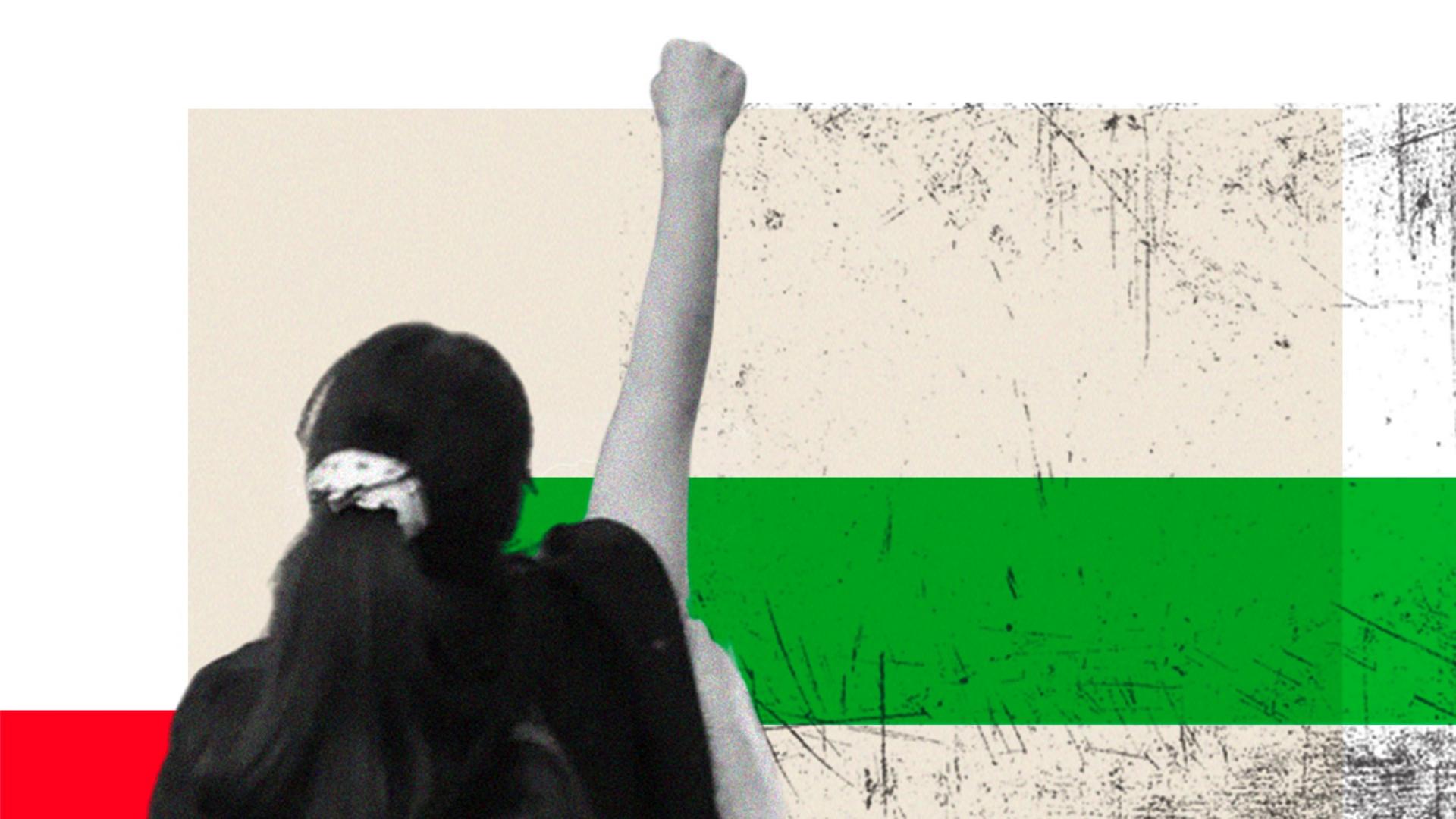
- Published15 September 2023
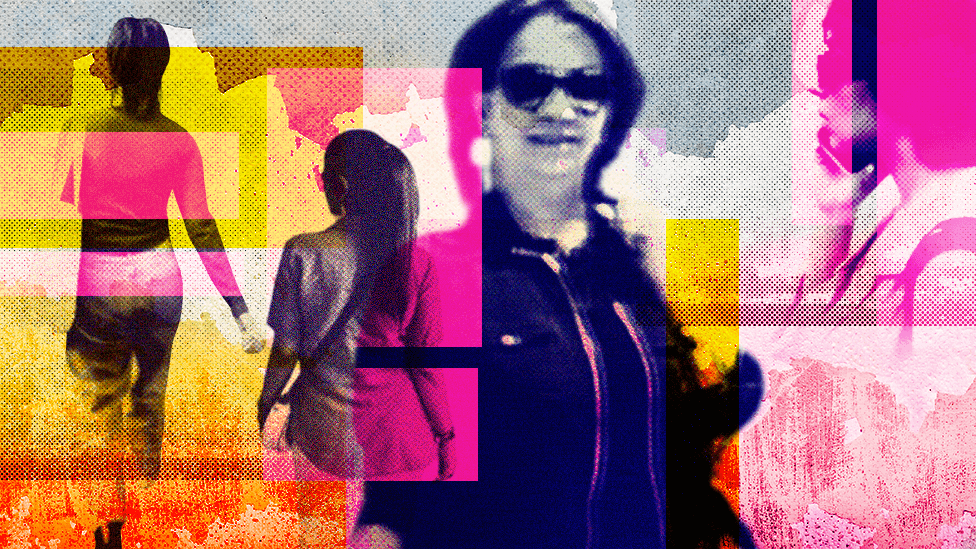
- Published21 September 2022
